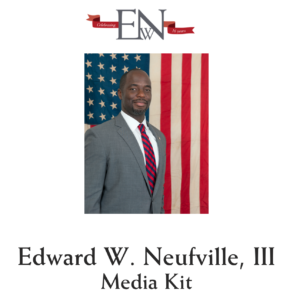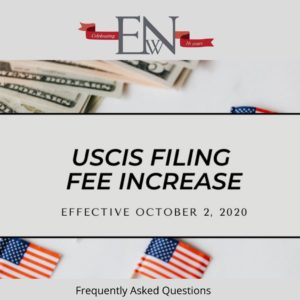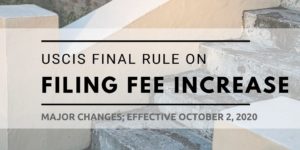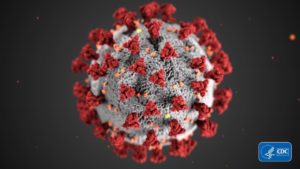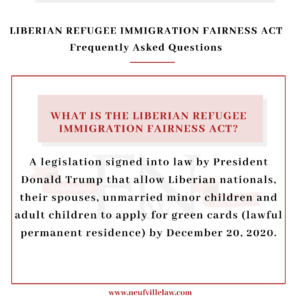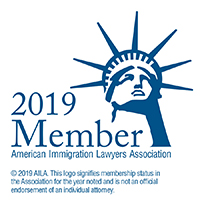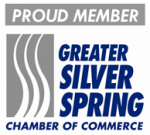Employment allows students the opportunity to gain experience, interact with American businesses, and , where necessary, supplement family support or personal resources due to change financial need.
On-Campus Employment
F-1 students maybe employed on campus as long as the student works no more than 20 hours a week while school is in session. Students may be employed full-time during vacations and recess periods as long as they intend to register for the next term.
On-campus employment means employment performed on the premises of the school or at an affiliated off-site location. It includes employment of a type normally performed by students, such as work in the school library, cafeterias, or a student store, or employment that is part of a student’s scholarship, fellowship, or assistantship.
Off-Campus Cooperative Programs and Internships
Cooperative (co-op) training programs and paid internships (Called “curricular practical training”) are work-study programs that are part of or related to a student’s degree. A student cannot qualify for curricular practical training until he or she has completed nine months of study or is enrolled in graduate studies that require immediate participation in curricular practical training. Curricular practical training can be either part-time or full-time. Once students work in full-time curricular practical training for 12 months or longer, they will be ineligible for post-completion practical training at that academic level.
Pre-Completion Practical Training
Off-campus pre-completion practical training in a field related to studies is permitted for F-1 students as long as the work is for no more than 20 hours a week while school is in session. Full-time employment under this category is allowed during vacations and recess periods as long as the student intends to register for the next term. Time spent in pre-completion practical training will be deducted from the 12 months full-time employment available for post-completion practical training at that academic level.
Employment Authorization Based on Severe Economic Hardship
Where unforeseen circumstances lead to a change in the student’s economic situation, the students may apply for permission to work off-campus in any job of the student’s choosing for 20 hours per week and full-time when school is not in session. Employment based on necessity is not deducted from time allowed from time allowed for post-completion practical training, but the student must have completed one academic year in F-1 status to qualify. The student must be in good academic standing.
Internship with an International Organization
An F-1 student may be granted employment authorization to work for an “international organization” that is recognized under the International Organization Immunities Act.
Post-Completion Optional Practical Training (OPT)
An F-1 student is eligible for up to one year of post-completion practical training. However, students who have received one year or more of full-time curricular practical training are ineligible for post-completion practical training. Time spent in pre-completion practical training is deducted from the 12-month maximum.
Authorization for post-completion practical training may be granted for a maximum of 12 months and takes effect only after the student has graduated or completed a course of study. In any event, practical training must be completed within a 14-month period following the completion of studies. An F-1 student may be authorized to engage in post-completion practical training after each higher educational level.
Dependents
An F-1 student’s dependent spouse and unmarried children under the age of 21 may be granted F-2 status. These F-2 dependents may not be employed while in the U.S. Moreover, F-2 spouses are prohibited from engaging in full-time studies at any level. A dependent child in F-2 status, on the other hand, may attend primary and secondary schools full-time, but may not (without changing from F-2 to F-1 status) proceed to any post-secondary schooling on a full-time basis.
Application Procedures
All categories of employment for F-1 students require the prior approval of the college or university’s international advisor. Additionally, students seeking pre- or post-completion practical training, hardship-based employment, or an internship with an international organization need to apply to U.S. Citizenship and Immigration Services (USCIS) for a work permit by submitting a Form I-765, along with a fee, and an I-20 endorsed by the school within 30 days before applying. The student may work only after USCIS issues the work permit. When applying for post-completion OPT, the application must be submitted to USCIS before completion of studies.



